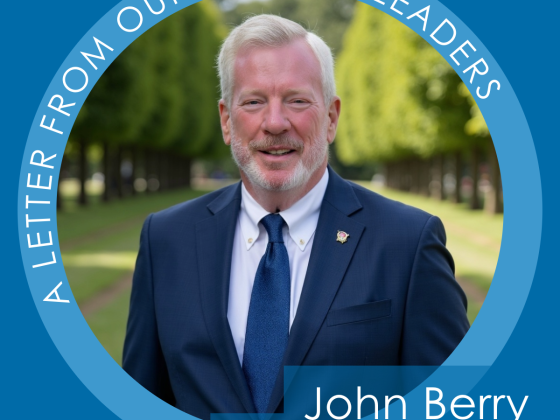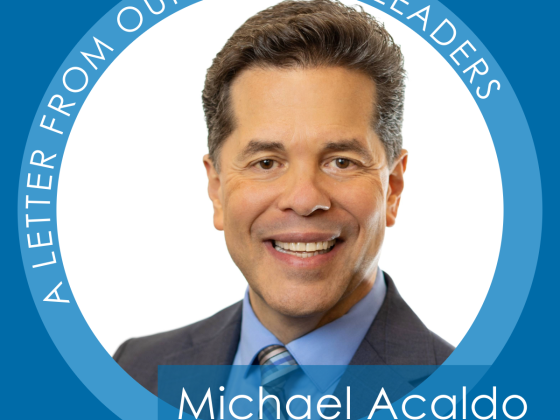A priest was speaking to an audience of people devoted to helping the poor. “The poor don’t need to have you be their voice,” he said, “They have their own voices.”
This point is certainly debated, and the Society has a group named Voice of the Poor for a reason. While people in poverty indeed have their own voices, what they often lack is the access to places and people where those voices may be heard. The Society, from its Conferences and Councils, can be this access.
Speaking of voices, a truism is that Money Talks. If this is true, perhaps it is time we take stock of the various forms of “money” we may use as the Society to make good things happen.
If your Council has employees, then you are defined as either a small or large employer in your area. While you may not pay property taxes, your staff has economic impact through their wages, payroll taxes, maybe sales taxes, and spending choices. If you have more than 100 employees, you may very well be a major non-government employer in your town. Do others see you this way? Do you act like it when on the public stage?
Even if you have no staff, your Council (and many Conferences) are economic players locally. For example, collectively your Vincentians may be one of the largest customers at the utility companies. Do you use this leverage to get discounts, more favorable terms for the people we serve, or “a seat at the table” as a board member or advisory board voice to the companies and/or the oversight Commissions?
Anytime your Conference makes a purchase decision, some companies benefit and others don’t – that’s the power of the purse. Review how much you spend annually in rent, utilities, food and other supports, and think about how these expenses might give you an enhanced voice for the neighbors in need. This is a voice that others may already provide you, but more often than not, you need to demand it yourself. They think of individual transactions, while you may find strength and benefit in viewing these transactions as a total expense through one payor – the Society.
As friends, we complain about bad customer service to one another, and once in a while we even say something nice about a company or vendor who made our life a little easier. Whether it is done around a restaurant table or through the internet, this is now called “influencer behavior” that can make or break a company. By steering family and friends to, or away from, those who interact with the Society, we help those we serve through economic pressure that can change corporate behavior and responses. We may already do this, but it deserves to be intentional.
A friend of mine who leads a local nonprofit once related that at a weekly Rotary Club meeting, he realized that he was the largest employer present and oversaw one of the largest budgets. Yet many thought of his organization as “that nice little organization that helps people.” He became determined not to throw his weight around, but to remind his friends and the local government of his organization’s size, strength and most importantly, local impact. Changing perspectives improved the way he and his organization were treated.
We Vincentians often exhibit humility, and serve with little or no recognition. Yet collectively our dollars already make a local economic and caring difference. Let’s take this a bit further. Explore how our economic strength can bring the issues and solutions affecting the less fortunate to the table. You may be surprised to look at your Council’s annual report and see just how much money you devote to serving your neighbors. From fundraising dollars to events to store sales, and not even counting the value of volunteer hours, it is often formidable.
If Money Talks, we may have a bigger voice than we realize. How can we use it more effectively to help our neighbors? How can we use our spending power to introduce their voices, alone or collectively, where they need to be heard?
Yours in Christ,
Dave Barringer
CEO



Excellent guidance!